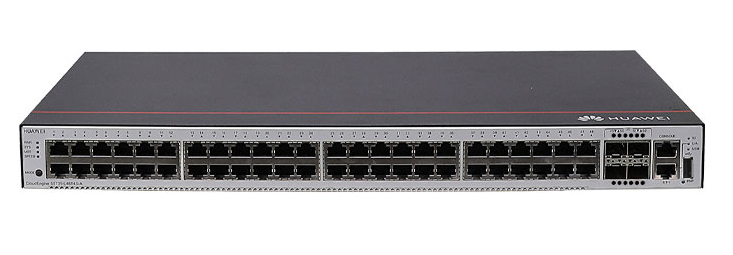
































Follow : Add us as a preferred source on Google.
Move over, GPS. A more advanced mapping solution is changing the way humans can see, anticipate, and navigate the world.
A new initiative called Project Orbion is creating a digital twin of Earth by bringing together various technologies and companies in a collaboration that is promising to deliver a next-gen 3D mapping solution that will allow humans to see into places and in ways that we've never seen before -- especially in some of the most difficult situations and environments on the planet, where GPS can be of little use. But it will also have an impact on plenty of practical everyday needs as well.
Humanity relies heavily on GPS for a lot of functions of daily life -- including automobile navigation, public transit, ride-sharing services, finding lost devices, the emergency response system, traffic management in cities, precision planting, and machine navigation in agriculture.
However, we're starting to encounter GPS's limitations. One of its biggest issues is that the data becomes outdated quickly.
"Project Orbion is about building this dynamic digital twin concept," said Michael Wollersheim, director of analytics forIceye , one of the five partner companies in Project Orbion. "[With GPS], once you've got a slice of the data, it immediately starts going stale. So it's out of date the moment you capture it. Being able to update and refresh that as fast as you can in real-time from different sources is what this [initiative] is about."
Also: The 7 coolest gadgets I saw at IFA Berlin 2025 (including picks you can actually buy)
Just as GPS started as a US military technology before being commercialized and made broadly available to the public, the five partner companies that are coming together to create Project Orbion have grown out of the defense industry to create various next-gen mapping technologies.
With Project Orbion, they are taking the first steps to bring their technologies together in meaningful ways to have a larger impact on public safety, disaster preparedness and recovery, transportation, agriculture, and many other spheres of life.
The five partner companies came together in San Francisco on Monday, Sept. 8 to launch the Project Orbion initiative and take the first steps toward a combined standard for next-gen geospatial data. Each of the companies brings something different to the table.
The companies are coming together to commercialize this technology, to create a truly next-gen solution for 3D mapping, spatial intelligence, and situational awareness. This will likely start with solutions for the enterprise, public safety, and government.
However, the long-term impact will likely be a major evolution of the current GPS systems, which are integral to daily life for humans across the planet.
 Hot Tags :
Business
Hot Tags :
Business